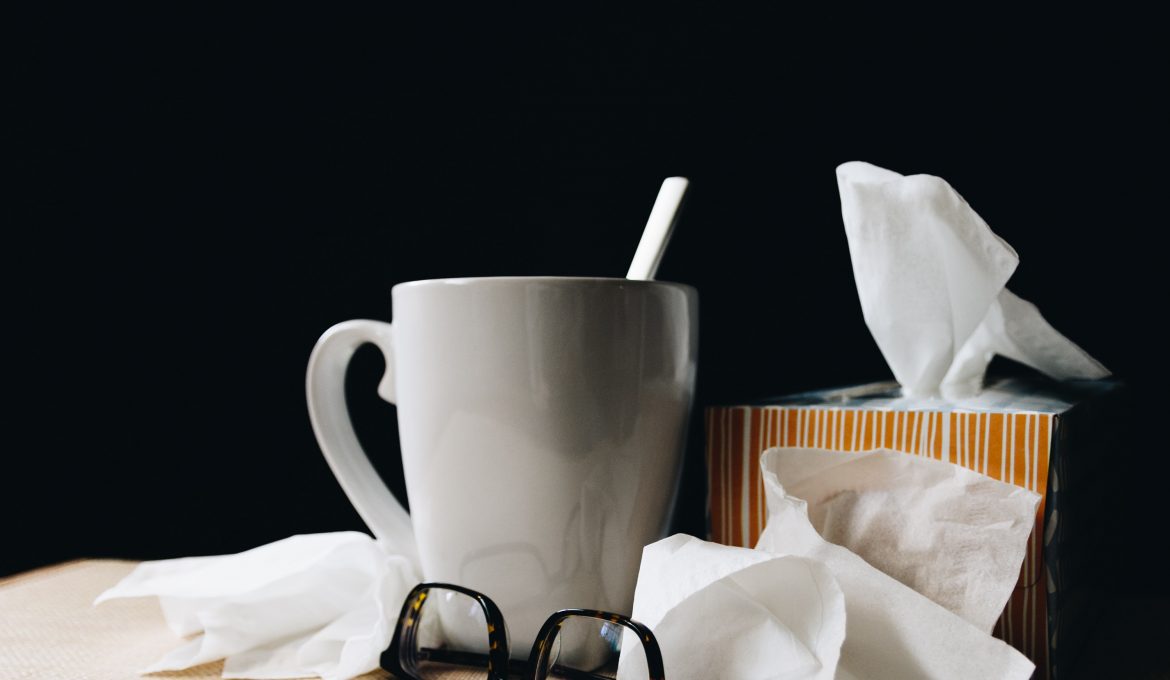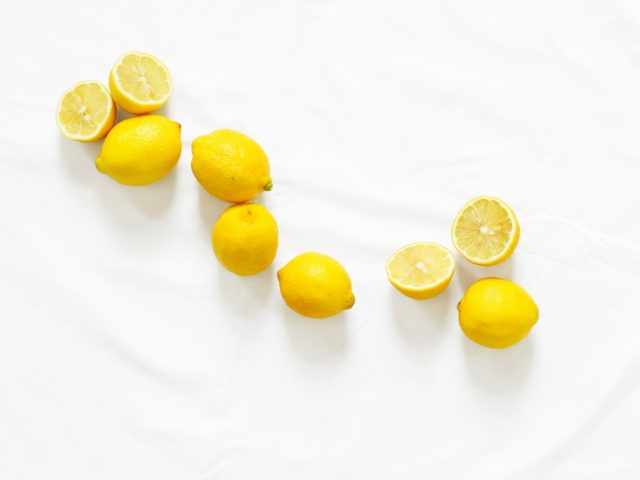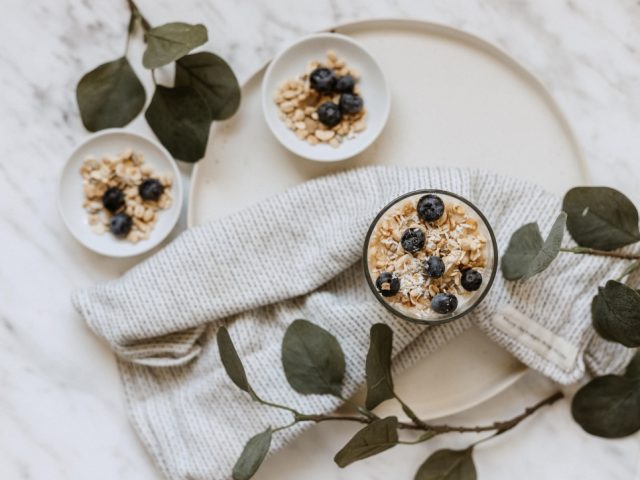Are you suffering from histamine intolerance? Do you suffer from allergies? Perhaps you experience sneezing, shortness of breath, skin rashes, headaches, itching or watery eyes after eating certain foods or drinking red wine. Do you suffer from irregular mensural cycle? Whatever your symptoms, they might be caused by a chemical called histamine.
What is histamine?
Histamines are natural chemicals produced in your body in response to allergens. Your body produces white blood cells called “mast cells” to release histamine during an inflammatory-immune response to allergens. Histamine causes your blood vessels to swell, or dilate, so that your mast cells can quickly find and attack the potential threat or infection. This is part of the body’s natural immune response, however if you don’t break down histamine properly, you can develop histamine intolerance.
Its not all bad news, histamine is also involved in digestion and your central nervous system. As a neurotransmitter, it communicates messages from your body to your brain. It is also stimulates stomach acid production, aiding digestion.
Common symptoms of histamine intolerance include:
- Headaches/migraines
- Irritated, itchy, watery eyes
- Flushing
- Nasal congestion, sneezing, difficulty breathing
- Hives
- Fatigue
- Tissue swelling
- Anxiety
- Brain fog
- Digestive problems / abdominal cramping
- Skin irritations
- Hormone imbalances
- Irritability
- Low blood pressure
- Racing heart
What Causes High Histamine Levels?
- Allergies (IgE reactions)
- Bacterial overgrowth (SIBO)
- Diamine Oxidase (DAO) deficiency
- Histamine-rich foods and alcohol
- Certain Medications
- Impaired methylation
- Estrogen excess (estrogen stimulates histamine release).
There are certain foods that naturally contain and release histamine, or block the enzyme diamine oxidase (DAO) that breaks down histamine.
Histamine-Rich Foods:
- Fermented alcohol – wine, champagne and beer
- Fermented foods – sauerkraut, kefir, yogurt, kombucha, etc
- Vinegar containing foods
- Cured meats – bacon, salami, pepperoni and hot dogs
- Soured foods – sour cream, sour milk, buttermilk, soured bread, etc
- Dried fruit – apricots, prunes, dates, figs, raisins
- Citrus fruits
- Aged cheese, including goat cheese
- Nuts – walnuts, cashews, and peanuts
- Vegetables – avocados, eggplant, spinach, and tomatoes
- Smoked fish
Histamine-Releasing Foods:
- Alcohol
- Bananas
- Chocolate
- Cow’s Milk
- Nuts
- Papaya
- Pineapple
- Shellfish
- Strawberries
- Tomatoes
- Wheat Germ
- Some artificial preservatives
DAO-Blocking Foods:
- Alcohol
- Energy drinks
- Black tea
- Green tea
How do I break down histamine?
Histamine is either stored or broken down by enzymes. Histamine in the central nervous system is broken down primarily by N-methyltransferase (HMT), while histamine in the digestive tract is broken down by diamine oxidase (DAO). Both enzymes play an important role in histamine break down, however DAO is the main enzyme responsible for breaking down ingested histamine. If you are low in DAO, you are likely have symptoms of histamine intolerance.
Causes of Low DAO:
- SIBO
- DAO-blocking foods
- Genetic mutations (common in people of Asian-descent)
- Bowel disorders such as Crohn’s, ulcerative colitis, and inflammatory bowel disease
- Certain medications
- Copper, Vitamin C, and B6 Deficiency – Copper and Vitamin C are crucial components of DAO and B6 up regulates DAO.
Testing for histamine intolerance
Blood Testing – I use a test through NutriPATH to test for histamine and DAO levels.
Treating histamine intolerance:
- Avoid histamine stimulating foods
- Treat the cause e.g. SIBO or methylation
- Promote the healthy detoxification of oestrogen
- Eat foods that help your body get rid of excess histamines – vitamin B6, vitamin C and copper
Vitamin B6 – chicken, turkey, sunflower seeds & sesame seeds
Copper – asparagus, shiitake mushrooms & leafy greens
Vitamin C – fruits and vegetables (except for those high in histamine)
Supplements that help reduce histamine:
Quercetin is a powerful antihistamine
Enzymes – between meals help reduce inflammation
Try B inspired Breathe easy organic herbal tea to help relief congestion.
For more information on “Are you suffering from histamine intolerance” or to book a naturopathic consultation contact B inspired healthy lifestyle.
Fun fact – Has anyone ever told you they are “allergic to the sun.” Research is indicating this is true. UV light can release a histamine response making you sneeze.
References:
The American Journal of Clinical Nutrition. Histamine and histamine intolerance. Retrieved from URL: https://academic.oup.com/ajcn/article/85/5/1185/4633007
FX Medicine. Histamine intolerance. Retrieved from URL: https://www.fxmedicine.com.au/blog-post/histamine-intolerance-beginners-guide
Copyright. 2019. B inspired healthy lifestyle. Any illegal reproduction of this content will result in legal action.




